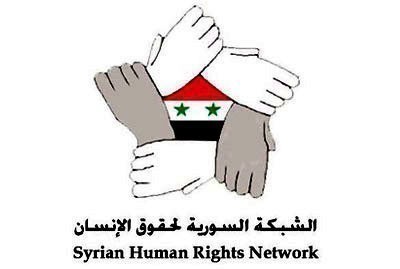Human RightsSyria
Syrian Human Rights Network Condemns Terrorist Acts Perpetrated by U.S-backed Armed Groups in Syrian Provinces

 The Syrian Human Rights Network condemned the terrorist acts and killings perpetrated by the armed terrorist groups in some Syrian governorates, the latest of which was blowing up the oil pipeline in al-Sultanieh area in Homs.
The Syrian Human Rights Network condemned the terrorist acts and killings perpetrated by the armed terrorist groups in some Syrian governorates, the latest of which was blowing up the oil pipeline in al-Sultanieh area in Homs.
In a statement issued on Friday, the Network said that human rights’ organizations have turned a blind eye to the criminal acts of the terrorist groups in Homs, Hama countryside and Idleb and became unable to differentiate between acts of violence and terrorism and defending innocent unarmed civilians.
The statement indicated to the confessions of some terrorist members which show that their leaders received money from Qatar and are using media channels to inflame sedition in Syria.







